Thank you all for praying for Haiti’s pastors, people and government. The Lord is working, and I have heard some good news! On Friday, Haitian leaders announced the formation of a nine-member provisional government. This national council represents diverse political groups in Haiti and will work toward the election of a prime minister and restoration of the legislature by 2026. This step needed to happen before the Kenyan-led security force would come to Haiti to help its national police quell gang violence, especially in Port au Prince, the capital.
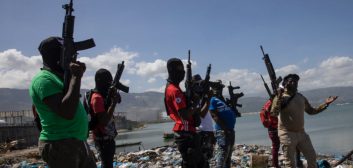 This is a wobbly first step in the right direction. Though no gang leaders sit on the new national council, they likely have ties with political leaders who do. And a provisional government has been tried before – in 2016 when then-President Michel Martelly resigned. Haitian pastors and churches are praying that this group takes righteous steps forward to break the gangs’ choke-hold on their country, encourage the economy, and restore needed institutions of Haiti’s national government. Then hands over power to a godly, elected prime minister in 2026. Let’s join with them in praying for these things.
This is a wobbly first step in the right direction. Though no gang leaders sit on the new national council, they likely have ties with political leaders who do. And a provisional government has been tried before – in 2016 when then-President Michel Martelly resigned. Haitian pastors and churches are praying that this group takes righteous steps forward to break the gangs’ choke-hold on their country, encourage the economy, and restore needed institutions of Haiti’s national government. Then hands over power to a godly, elected prime minister in 2026. Let’s join with them in praying for these things.
We’re encouraged in Scripture to make this kind of prayer our priority:
I urge, then, first of all, that petitions, prayers, intercession and thanksgiving be made for all people—2 for kings and all those in authority, that we may live peaceful and quiet lives in all godliness and holiness.3 This is good, and pleases God our Savior, 4 who wants all people to be saved and to come to a knowledge of the truth. (1 Timothy 2:1-4)
Petitions, prayers, intercession and thanksgiving for governmental leaders – This is more than casual prayer at dinnertime! And Paul tells us why we must pray for leaders: so that believers in Christ may live peaceful lives in a way that opens the hearts of unbelievers to the good news of Christ. In times of social upheaval, it’s hard for Jesus’ churches to make disciples. That’s the primary reason we pray for peace and stability in Haiti – and in our own country.
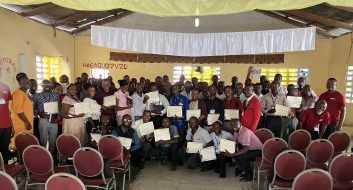 As the Lord opens the way, we plan to offer three PPI courses in northeast Haiti in July. We considered trying to return in June, but after talking with our Haitian team, we believe it best to stick with our original July dates. We may need to work out alternative travel plans into the country, but unless security worsens significantly, we will go. And church leaders are champing at the bit for us to resume their training! By God’s grace, we will do just that.
As the Lord opens the way, we plan to offer three PPI courses in northeast Haiti in July. We considered trying to return in June, but after talking with our Haitian team, we believe it best to stick with our original July dates. We may need to work out alternative travel plans into the country, but unless security worsens significantly, we will go. And church leaders are champing at the bit for us to resume their training! By God’s grace, we will do just that.
Until then, petitions, prayers, intercession and thanksgiving . . . and preparation (see pics below).
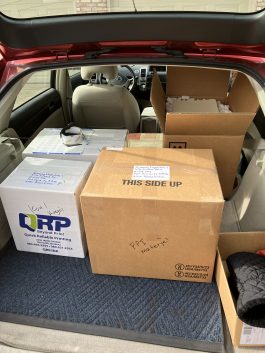
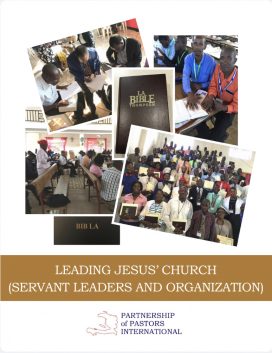
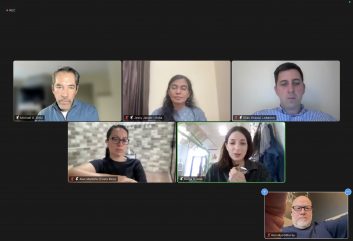
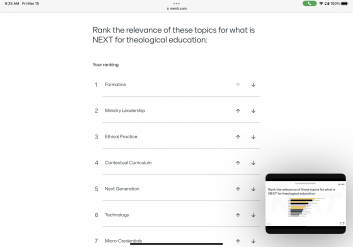
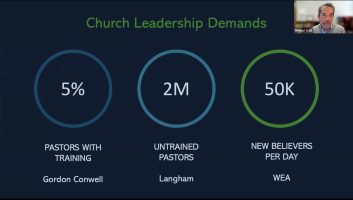

 On my return from Haiti last February, I waited at U.S. Customs for over an hour with a crowd of other weary travelers. The lone customs agent, who looked like he had slept in his clothes and was sorry he woke up, motioned us one by one to his booth. A few people in line commented immediately on his demeanor and the lack of agents. A few started talking with people around them. Most retreated into their phones.
On my return from Haiti last February, I waited at U.S. Customs for over an hour with a crowd of other weary travelers. The lone customs agent, who looked like he had slept in his clothes and was sorry he woke up, motioned us one by one to his booth. A few people in line commented immediately on his demeanor and the lack of agents. A few started talking with people around them. Most retreated into their phones.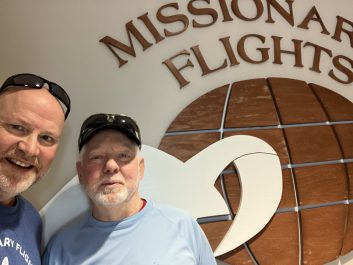 But that doesn’t mean we sit on our hands or, God forbid, give up on our calling to the poor and oppressed. Far from it. This waiting time is a working time, a preparation time! Last week Mark Reed and I traveled to Missionary Flights headquarters in Fort Pierce, Florida to
But that doesn’t mean we sit on our hands or, God forbid, give up on our calling to the poor and oppressed. Far from it. This waiting time is a working time, a preparation time! Last week Mark Reed and I traveled to Missionary Flights headquarters in Fort Pierce, Florida to 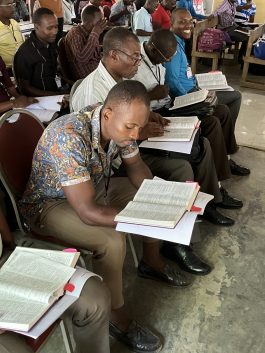 As for you, you meant evil against me,
As for you, you meant evil against me, 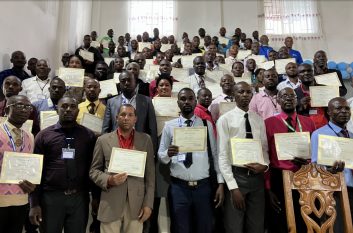 By God’s grace, that won’t continue for long and we will be able to get back to Haiti soon – because our focus has not changed for the longer term. God has called us to encourage, train and resource church leaders in Haiti and other developing countries. Fourteen years ago God introduced me to the need to raise up godly, well-trained church leaders in Haiti. This is where God led us. It just happens to be the poorest nation in the Western Hemisphere and one of the most unstable countries in the world! But that’s where the light of Christ can shine brightest, where the biblical work of Jesus’ church can make the most impact, where the love and truth of our God can transform lives and communities. We believe that to our toes, and we’re seeing it happen in Haiti in amazing ways. So it’s not time to throw in the towel. Far from it!
By God’s grace, that won’t continue for long and we will be able to get back to Haiti soon – because our focus has not changed for the longer term. God has called us to encourage, train and resource church leaders in Haiti and other developing countries. Fourteen years ago God introduced me to the need to raise up godly, well-trained church leaders in Haiti. This is where God led us. It just happens to be the poorest nation in the Western Hemisphere and one of the most unstable countries in the world! But that’s where the light of Christ can shine brightest, where the biblical work of Jesus’ church can make the most impact, where the love and truth of our God can transform lives and communities. We believe that to our toes, and we’re seeing it happen in Haiti in amazing ways. So it’s not time to throw in the towel. Far from it!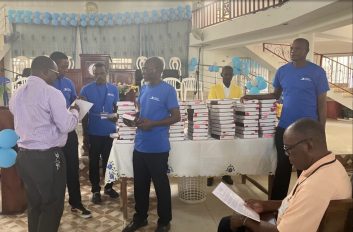 After singing, we prayed aloud, all of us at one time. I’ve been in U.S. churches that pray this way and it’s usually chaos – akin to the shouting and dancing of the prophets of Ba’al. This prayer time was not like that at all. We prayed aloud – but not loud – thanking God for His love, faithfulness and victories in the first week of our training. We prayed for each church leader who attended, their families, churches and communities. All that took about 10 minutes.
After singing, we prayed aloud, all of us at one time. I’ve been in U.S. churches that pray this way and it’s usually chaos – akin to the shouting and dancing of the prophets of Ba’al. This prayer time was not like that at all. We prayed aloud – but not loud – thanking God for His love, faithfulness and victories in the first week of our training. We prayed for each church leader who attended, their families, churches and communities. All that took about 10 minutes. 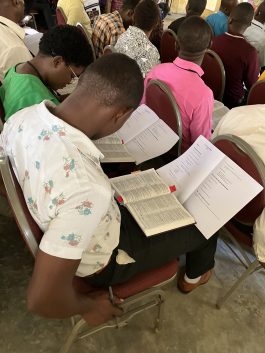
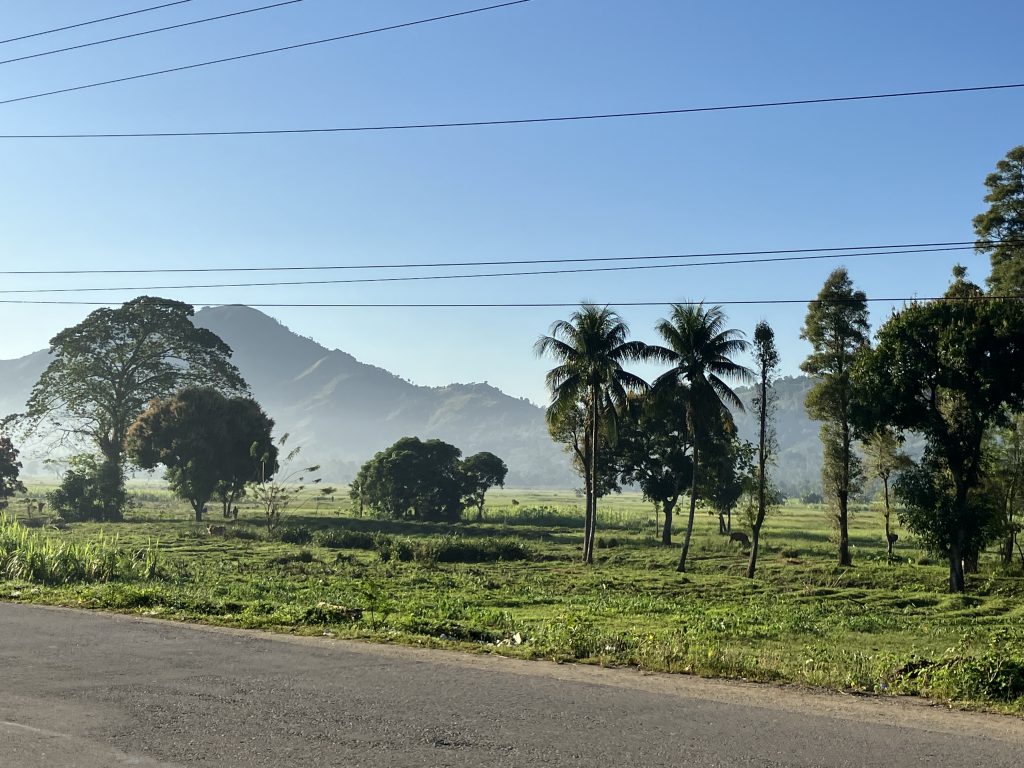
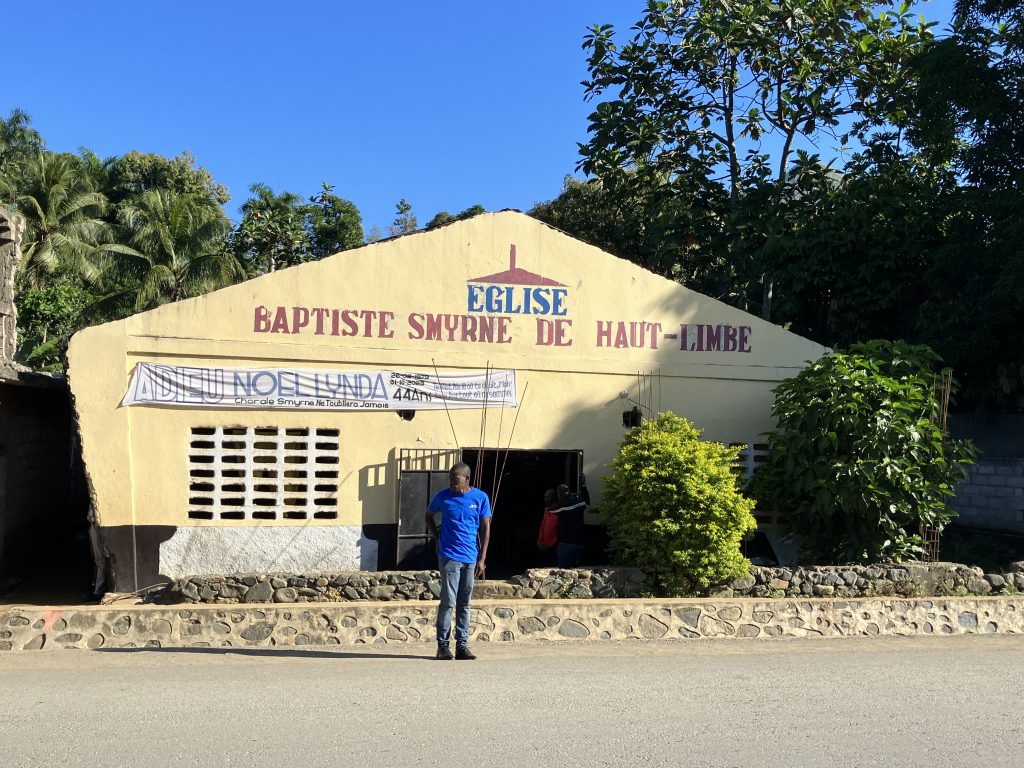
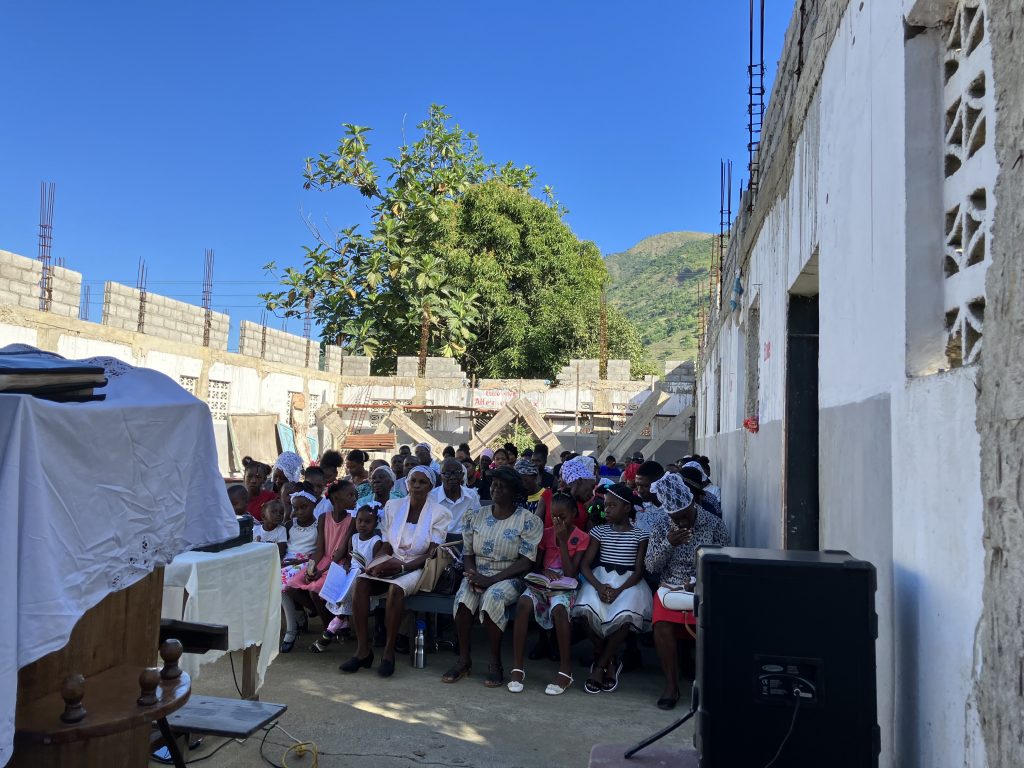
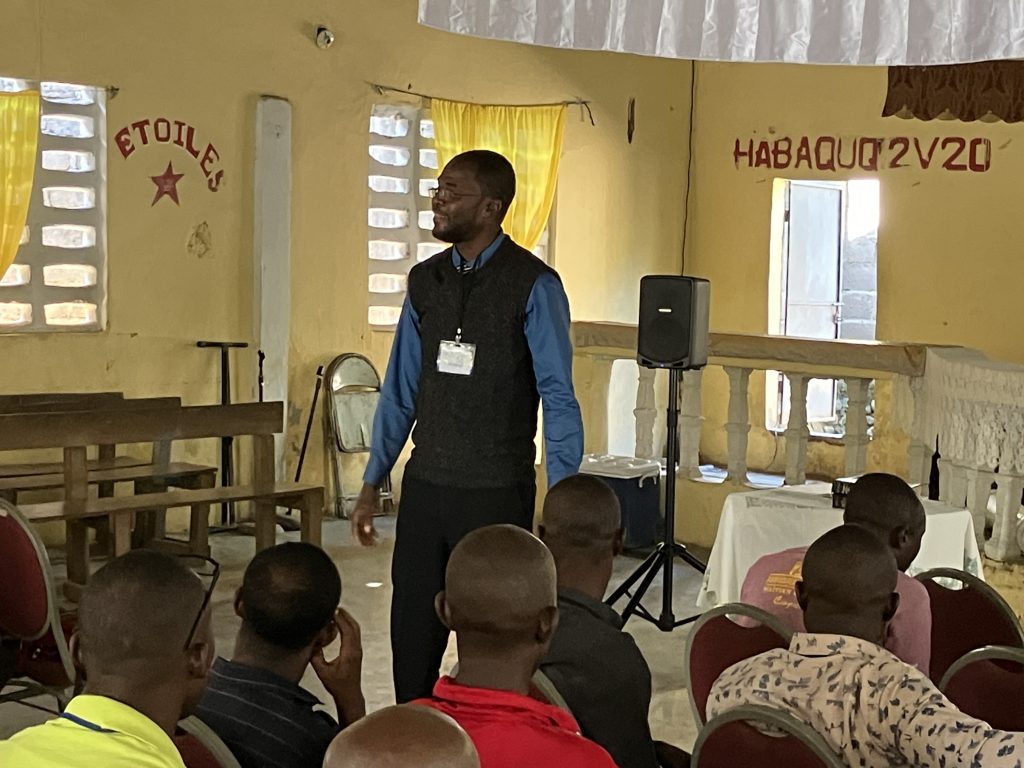
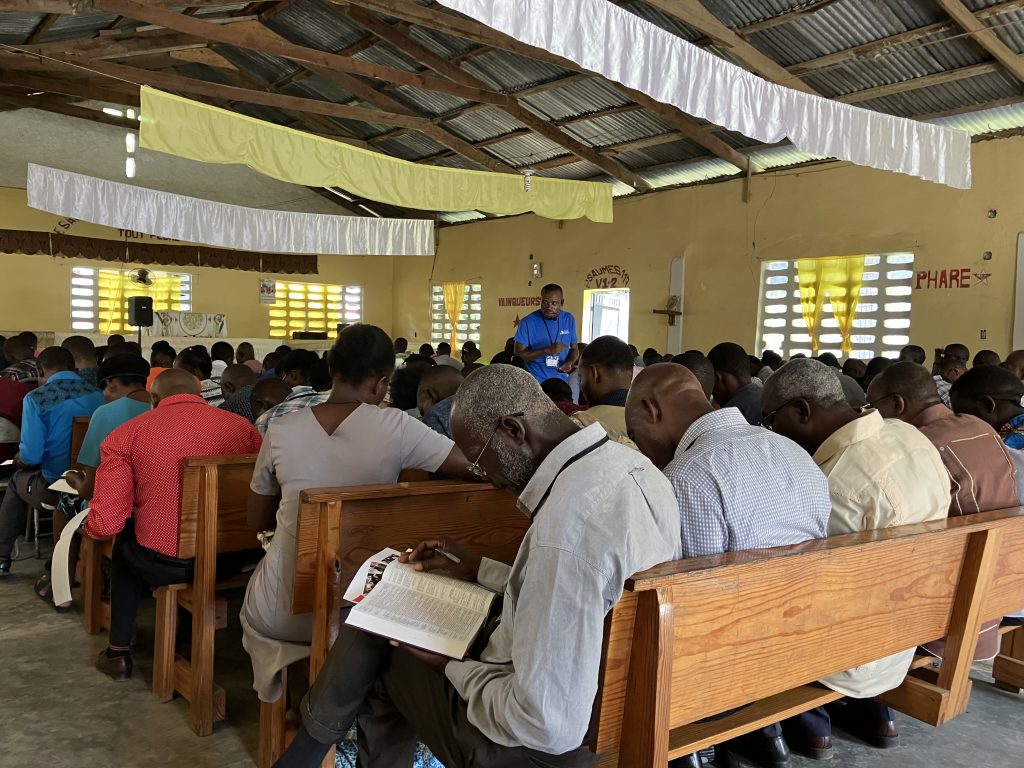
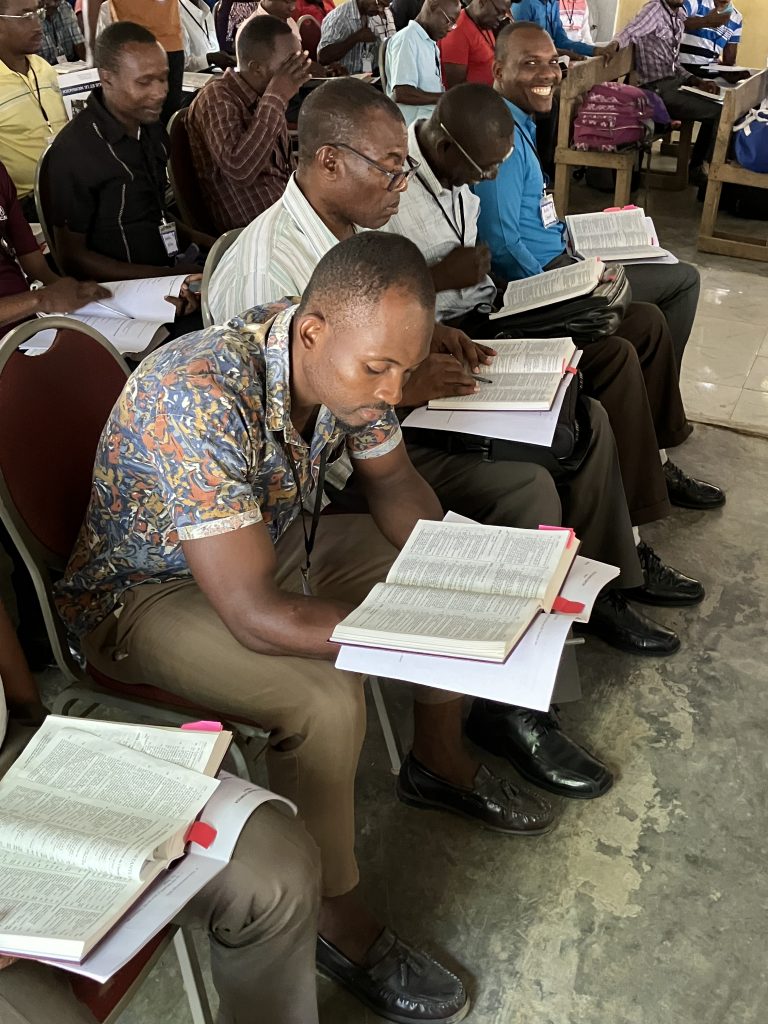
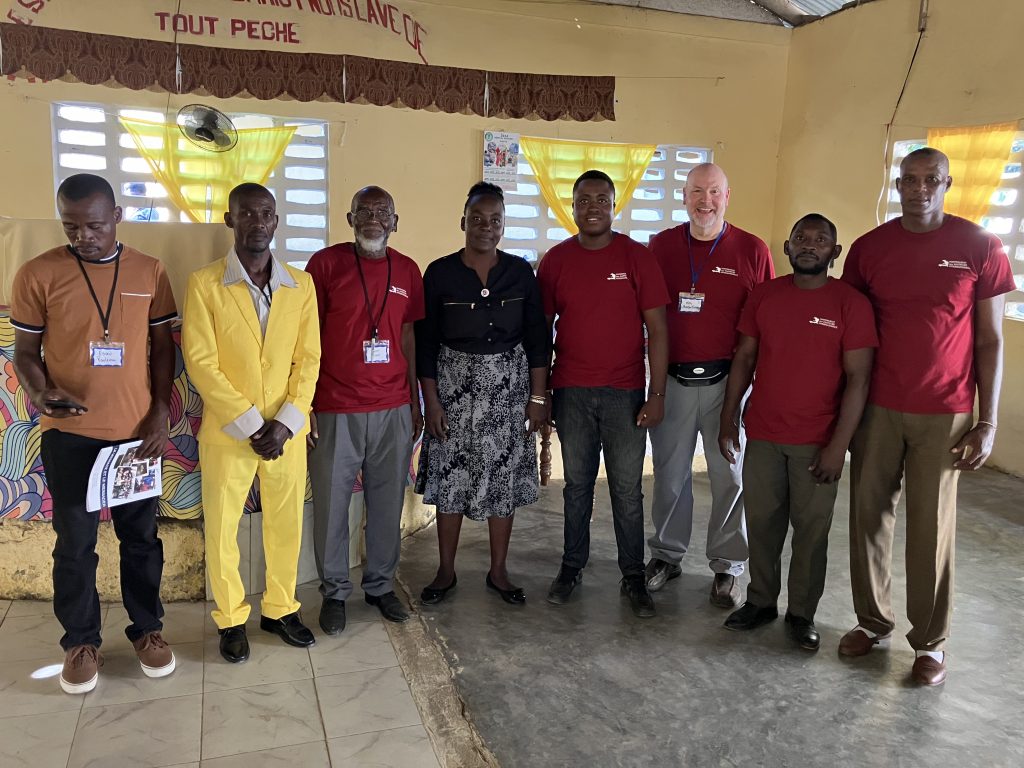
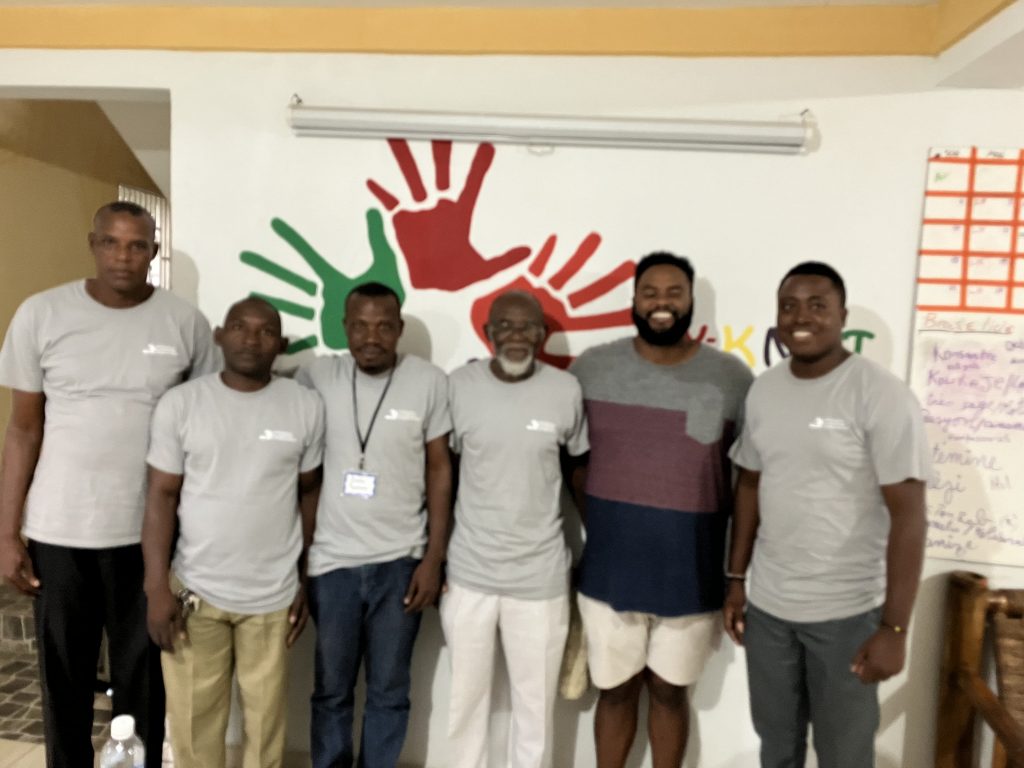
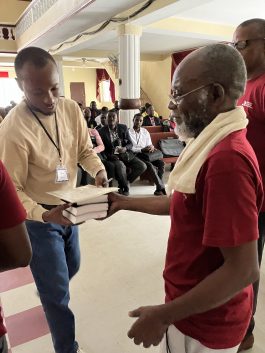 Jasmin, a member of our mission team, told me later that he recently gave a Creole Bible to a young man in his church. The young man hugged him and thanked him repeatedly. “It was like I was his papa,” Jasmin said. Pastor Isaiah noted that he sees far fewer Jehovah’s Witness “bibles” in his city of Ouanaminthe since we have been getting Bibles to churches there.
Jasmin, a member of our mission team, told me later that he recently gave a Creole Bible to a young man in his church. The young man hugged him and thanked him repeatedly. “It was like I was his papa,” Jasmin said. Pastor Isaiah noted that he sees far fewer Jehovah’s Witness “bibles” in his city of Ouanaminthe since we have been getting Bibles to churches there. 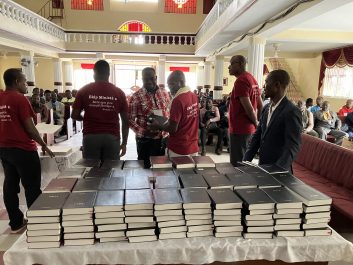 We will distribute 480 Creole Bibles and 112 Thompson Bibles in our three courses this week and next. Since we officially launched PPI in 2019, the Lord has enabled us to put over 3100 Creole Bibles into the hands of Haitian Christians – not to mention the hundreds of Thompson Bibles church leaders have earned in PPI Course 1.
We will distribute 480 Creole Bibles and 112 Thompson Bibles in our three courses this week and next. Since we officially launched PPI in 2019, the Lord has enabled us to put over 3100 Creole Bibles into the hands of Haitian Christians – not to mention the hundreds of Thompson Bibles church leaders have earned in PPI Course 1.